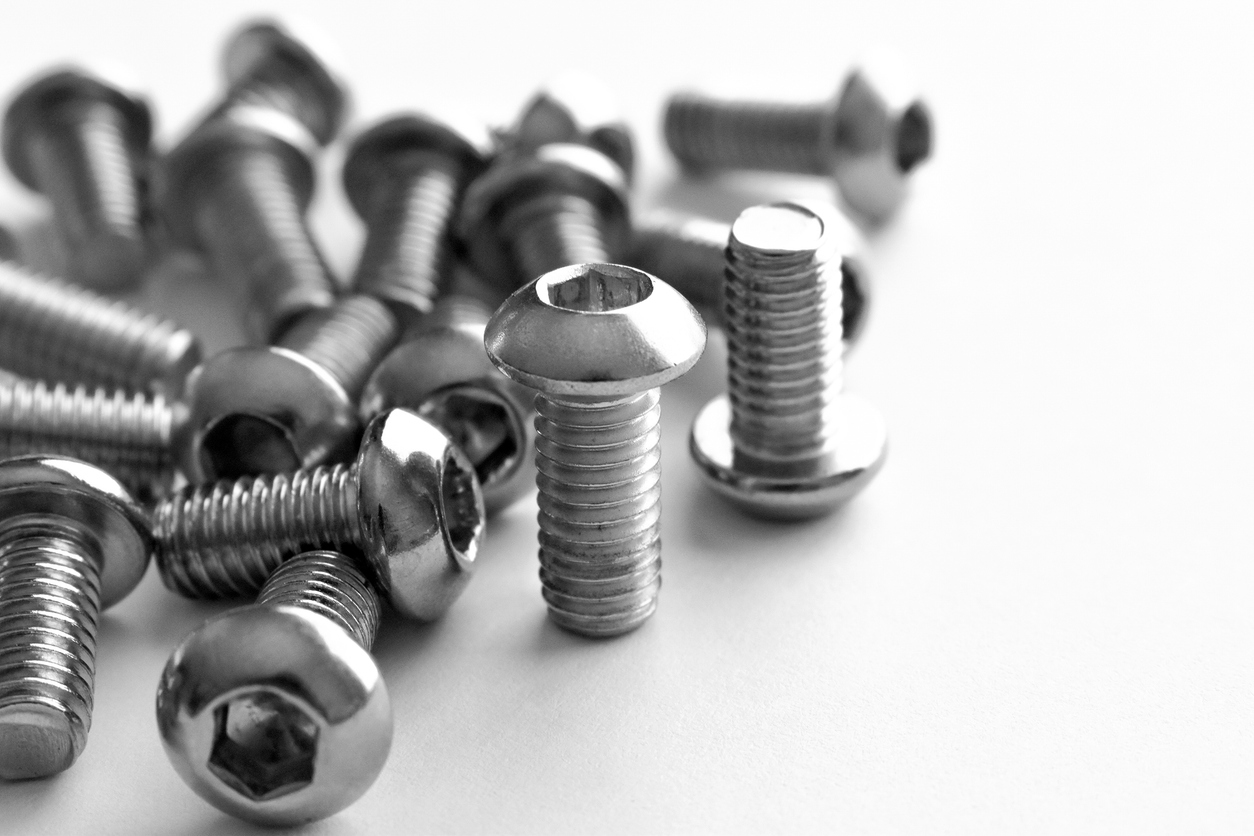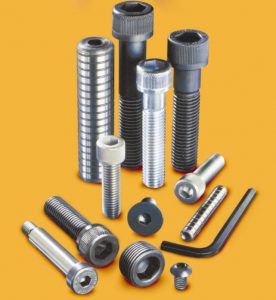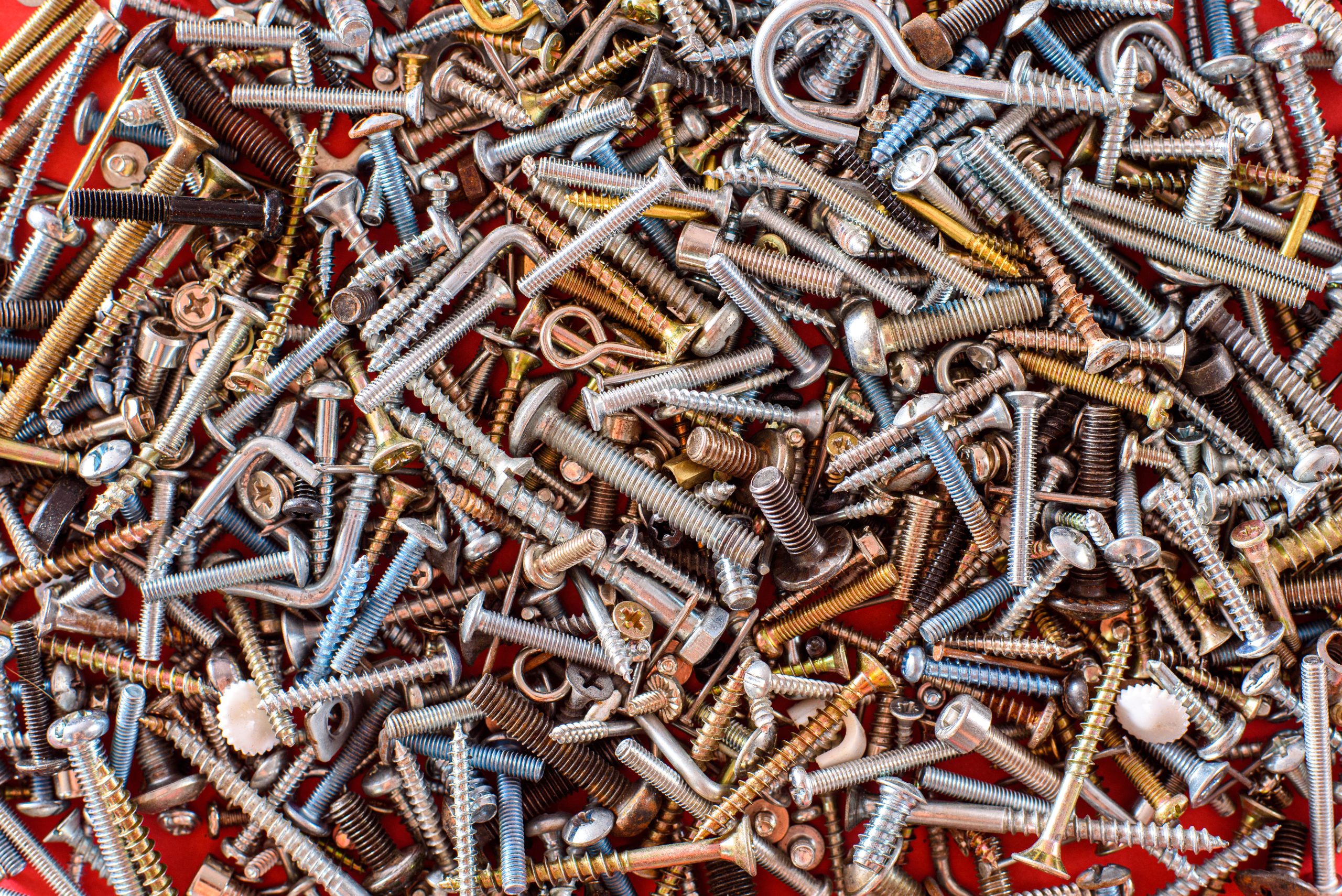
 Threads are a crucial element for a wide range of fasteners because they determine, in large part, how well male and female components of fastening systems such as nuts, bolts, and screws maintain integrity and hold materials, machines, and other systems together.
Threads are a crucial element for a wide range of fasteners because they determine, in large part, how well male and female components of fastening systems such as nuts, bolts, and screws maintain integrity and hold materials, machines, and other systems together.
Generally, threads are referred to as coarse or fine, and there is no end to discussions about which is better. The truth is, there’s appropriate uses for both, but in general, our experience tells us that coarse threads provide a number of advantages and benefits over fine threads.
Here are some major characteristics of each:
Coarse Threads
Typically, coarse threads are specified for most industrial applications unless there’s a compelling reason to request a fine thread. Aviation/aerospace and military applications in particular use coarse threads on size 8-32 and smaller. Here’s why:
- Durability Coarse threads have greater resistance to stripping and cross-threading. There is more material between each thread than with fine threads, making the engagement of both fastening system components stronger and more reliable.
- Faster installation Coarse threaded fasteners install significantly faster than fine threaded fasteners. For example, a ½-13 bolt assembles in 65 percent of the time it takes to assemble a ½-20 bolt. The former fastener travels one inch in 13 revolutions, compared to the 20 revolutions it takes the later to advance the same distance. In volume assembly applications this can result in a substantial reduction of assembly process time, saving time, labor, and money.
- Minimal plating build-up Coarse threads experience less gaging and assembly problems than fine threads because there’s less material between each thread flank and less plating build-up.
- Less galling When using stainless steel threaded fasteners, coarse threads are much less likely to experience galling than fine threads. The closer pitch diameter and more rotations required by fine threads tend to increase thread galling on fine thread fasteners.
Fine Threads
It stands to reason that applications and materials that require finer adjustment and less torque do better with fine-threaded fasteners.
- Less tendency to loosen under vibration because fine threads have a smaller helix angle than coarse threads.
- Stronger than corresponding coarse bolts of the same hardness, both in tension and shear. This results from fine threaded bolts having a slightly larger tensile stress area and minor diameter.
- Allow for finer adjustments because of their finer pitch – ideal for sensitive applications and assemblies.
- Tap more easily into difficult materials Fine threads enable fasteners to be tapped into difficult-to-tap materials and thin-walled sections.
- Require less torque for tightening to create equivalent preloads to the corresponding coarse threaded bolt sizes.
To learn more about the differences between and applications for coarse and fine thread fasteners, contract the fastener experts at Electronic Fasteners.


